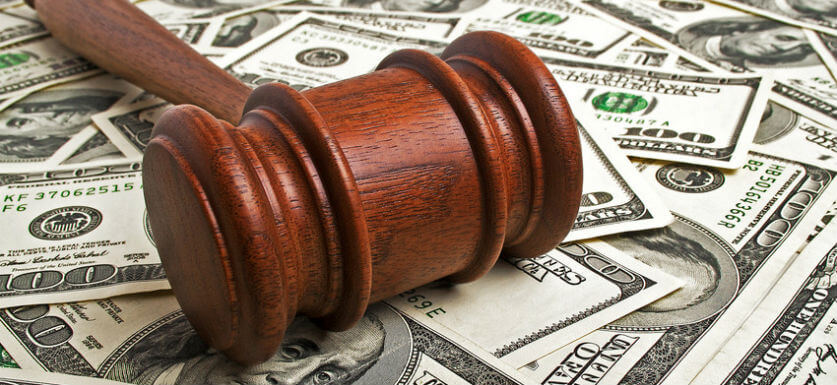All You Need to Know About Wage Garnishments
Wage garnishments can occur for various reasons, including back taxes, unpaid child support, delinquent federal student loans, and consumer debt. To protect yourself from wage garnishment, you need to know what they are, how they are processed, and what you can do if you’re the victim. We’ve put together a quick guide to help you understand the process.
Wage garnishment exemption.
The amount of your pay that is not subject to wage garnishments is known as “disposable earnings.” Your gross salary is less legally required for deductions, such as Social Security and taxes. Disposable earnings also have money for retirement plans and medical insurance. Regardless of where you work, there are several ways to minimize wage garnishment.
Under Pennsylvania law, wages and salaries made by an employer may not be garnished if they are exempt. However, this provision does not apply to child support payments. Therefore, it is still necessary to pay out all consumer debts before garnishments can be carried out. In addition, while child support garnishment may be subject to wage, it does not apply to all employees. The exempt portion of your earnings is 50 percent.
Court order to garnish wages.
In most cases, creditors can garnish wages only when a lawsuit has been successfully pursued. This can happen in many different circumstances, and it can also be used to collect unpaid taxes, medical bills, or child support. While any debt can be garnished, you must follow specific requirements before creditors can seize your wages. Creditors can garnish 25% of your “take-home” pay (amount fewer taxes and other deductions). If you are a parent, you may be entitled to even less.
Before a creditor can garnish your paycheck, they must first get a judgment against the debtor. A review is a formal legal document that confirms that the debtor owes money. Once the judge has signed the assessment, the employer will be ordered to withhold a portion of your paycheck. The employer will then be required to send this money to the lender. If you are in debt, you may find yourself unable to pay the bills, or the garnishment process may be the best option for you.
Employers garnishments timeframe.
The law requires employers to process wage garnishments within a reasonable period. Employers should review their FAQs to understand the rules and process for garnishments. Often employers do not understand their responsibilities when an employee is garnished. Failure to comply with the order may result in fines.
A violation of a court order could result in significant penalties. An employer may face a civil fine of up to $500 per violation and be ordered to pay full restitution to the employee. In some states, the penalties for failing to process wage garnishments within a reasonable timeframe are higher than the federal law. An employer may also face a fee of $3 per pay period and up to $12 a month for general wage garnishments.
Dispute garnishXments
If you’ve received a garnishment order from a creditor, you may be wondering what you can do to fight it. But, first, let’s define what a garnishment is. A garnishment is a process by which a creditor takes your property without your consent. This is called an administrative garnishment.
If you receive a garnishment notice in the mail, you should check that the information is accurate and that the debt is not being collected in error. You should also look into the amount of money garnished if any. If you find that you don’t have enough money to pay off the judgment, you can file an objection to the garnishment. You should file your objection within 14 days of receiving the notice.
